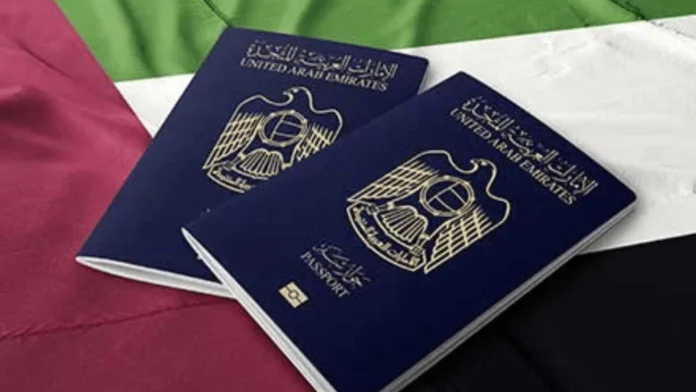The United Arab Emirates has temporarily suspended the issuance of tourist and work visas for citizens of nine countries across Africa and Asia, in a move linked to its 2026 visa policy overhaul.
While no official statement has been released by authorities, internal immigration circulars cited by regional media confirm the sudden suspension. Existing visa holders, however, will not be affected.
The visa freeze applies to five African countries—Uganda, Sudan, Somalia, Cameroon, and Libya—as well as four Asian nations: Afghanistan, Yemen, Lebanon, and Bangladesh. Nationals from these countries will be unable to apply for new tourist or work visas until further notice.
Analysts suggest the UAE’s decision stems from multiple concerns, including security threats, fraudulent documentation, and public health risks. Reports point to an increase in forged papers and identity fraud among applicants, as well as difficulties verifying personal data.
“The UAE is digitising its immigration processes, and inconsistent documentation has been a recurring obstacle,” one regional expert noted.
Health concerns also appear to play a role. With residual COVID-19 protocols still shaping immigration policy, migrants from countries with weaker healthcare systems are viewed as vulnerable to spreading infectious diseases or new virus variants.
Officials are believed to be considering these risks when formulating preventive measures.
Beyond administrative and health factors, the suspension may also reflect wider geopolitical realities. Observers say strained diplomatic ties with some of the affected nations could be influencing visa policy, which often serves as a tool in international relations.
The freeze has immediate implications for both labor markets and tourism. Workers from countries such as Bangladesh, Sudan, and Cameroon have long formed part of the UAE’s backbone in sectors like construction, retail, and domestic work.
The halt threatens to delay recruitment and disrupt businesses reliant on migrant labor. In turn, remittance flows sent home by these workers are at risk, with potential consequences for vulnerable economies in Africa and South Asia.
The tourism industry is also bracing for losses. Travel agencies, airlines, and hotels catering to African and South Asian visitors are facing cancellations and rescheduling requests, creating uncertainty across the sector.
“We are already seeing reduced bookings from Uganda and Bangladesh, two key markets for us,” said a Dubai-based tour operator.
Despite the suspension, the UAE has clarified that the ban is not permanent. Once lifted, affected nationals will be able to resume applications through the country’s online visa system, embassies, and authorised immigration offices. However, no timeline for resumption has been announced.
For now, staffing agencies, companies, and diplomatic offices await clearer guidelines. In the absence of an official statement, speculation continues about the duration of the ban and its long-term implications for the UAE’s economy and global standing.
The decision underlines how immigration policies can shift quickly in response to evolving global health, security, and political challenges—leaving thousands of prospective workers and tourists in limbo.

